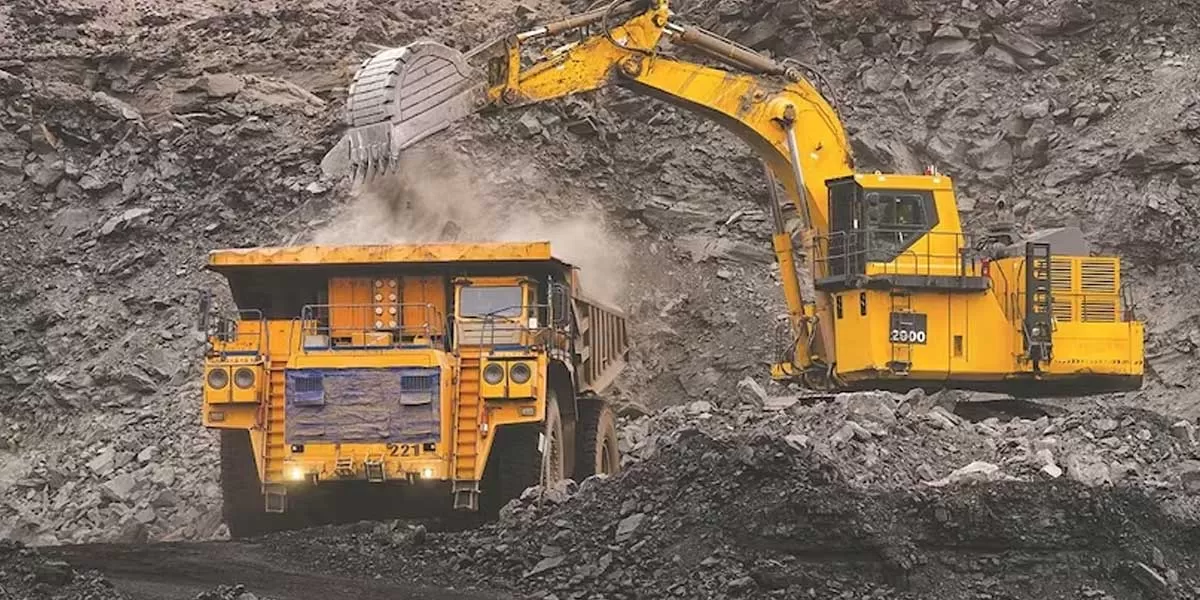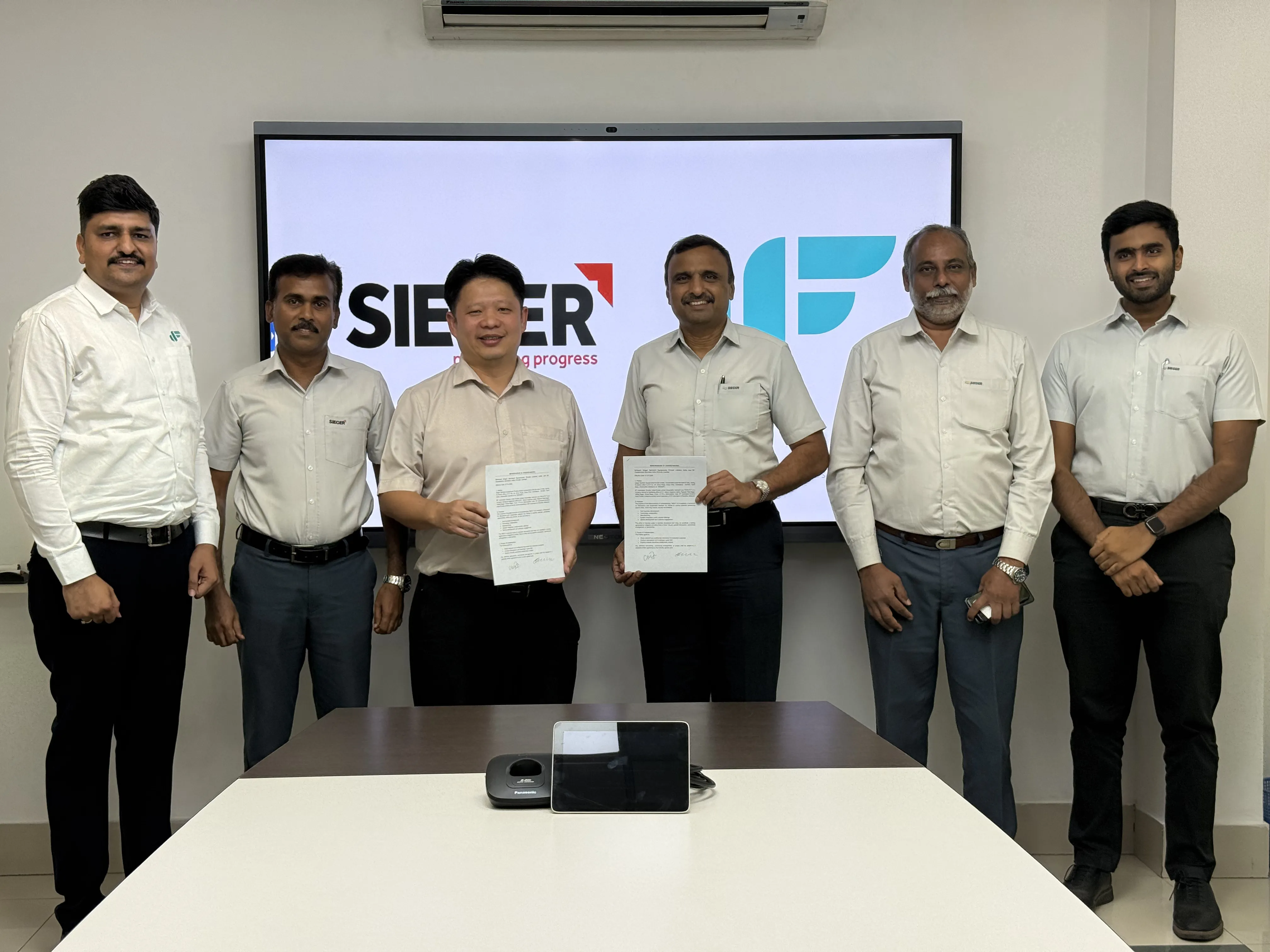

Sieger Partners DF Automation to Drive Practical Automation
Sieger has signed a memorandum of understanding with DF Automation & Robotics to collaborate on practical automation and robotics solutions aligned with real-world operational requirements. The partnership brings together engineering expertise and execution capabilities to address challenges across industrial and infrastructure environments.The collaboration aims to enhance safety, reliability and efficiency while ensuring automation solutions remain scalable, commercially viable and grounded in on-ground execution needs. By focusing on practical deployment rather than theoretical applicat..

Kolte-Patil Signs Joint Development Deal in Pune’s Bhugaon
Kolte-Patil Developers has signed a joint development agreement for a residential project spanning approximately 1.1 million sq ft on a ~5-acre land parcel in Bhugaon, Pune. The project has an estimated gross developable value (GDV) of around Rs 8.5 billion.Bhugaon is emerging as a sought-after residential micro-market in Pune, offering a blend of natural surroundings and strong urban connectivity. The site is surrounded by established premium locations such as Bavdhan and Kothrud and benefits from proximity to the Mumbai–Pune Expressway and Shivaji Nagar railway station. The development is ..

L&T, Indian Army Partner to Upgrade Pinaka Rocket Systems
Larsen & Toubro (L&T) has recently secured a supply order from the Corps of Electronics and Mechanical Engineers (EME) of the Indian Army for the overhaul, upgradation and obsolescence management of the indigenous Pinaka Multi-Rocket Launcher Systems. The collaboration marks a significant public–private partnership between a domestic original equipment manufacturer and the Indian Army, aimed at strengthening lifecycle support for frontline, Made-in-India artillery platforms. The initiative is designed to enhance long-term operational availability and modernisation of Pinaka regiments curren..


















